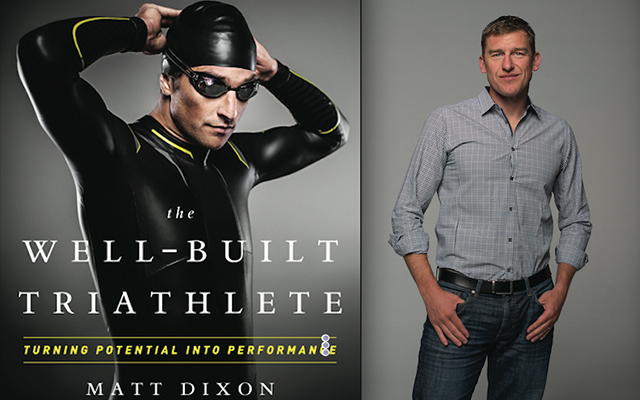Exercise breaks your body down; nutrition, sleep, and active-rest techniques build it back up.
If you perform two hard workouts each week, try to include low- to medium-intensity movement on your off-days — preferably something that includes mobility work and a new skill while eliciting some level of joy. There’s no reason to include a day of doing nothing; but something doesn’t have to be strenuous to be worth your time. In fact, easy but intentional movement will support your goals for the long run.
Eat and Sleep
The two keystones of recovery are nutrition — whole foods that replenish your fuel and nutrient stores — and sufficient, uninterrupted sleep. If either of these components is missing from your training plan, your workouts (and goals) will suffer.
Focus on Protein
You need protein (and its various amino acids) to help your body repair cells and make new ones. To improve your endurance, eat 0.5 to 0.6 grams of protein per pound of body weight per day; to build muscle and strength, aim for 0.6 to 0.9 grams.
Consuming 20 or so grams of protein, regardless of body weight, shortly after a workout supports muscle growth and recovery.
Drink Plenty of Water
Water is essential to cellular function, helping to transport oxygen, break down nutrients and waste, regulate cell temperature, and determine cell shape and size. Staying hydrated, then, directly affects your athletic performance and recovery. Aim for a steady intake of water throughout the day — whether you’re working out or not.
Keep Moving
Resist the urge to sit on the couch and binge-watch TV on off-days: Moving around at a lower intensity will help your body rejuvenate and keep your muscles limber. Leisurely walks, gentle yoga, and other low-intensity activities are beneficial options for all fitness levels.
Pay Attention
The cycle of muscular damage and recovery is the basis of fitness training: You break your body down, and it responds by rebuilding itself stronger than before. But if you’ve been putting your body through its paces without time to recover, or if you’ve been under additional physical, emotional, or mental stresses, you may not be giving your body a chance to restore itself. Here are four common indicators that you need to take a step back:
- You’re feeling tired and crabby.
- You’re sick — again.
- You’ve hit a plateau.
- Your workouts aren’t making you happy.
This originally appeared in “The Real-Fitness Manifesto” in the June 2019 print issue of Experience Life.




This Post Has One Comment
Excellent and concise review of ways to recover from workouts, thank you.